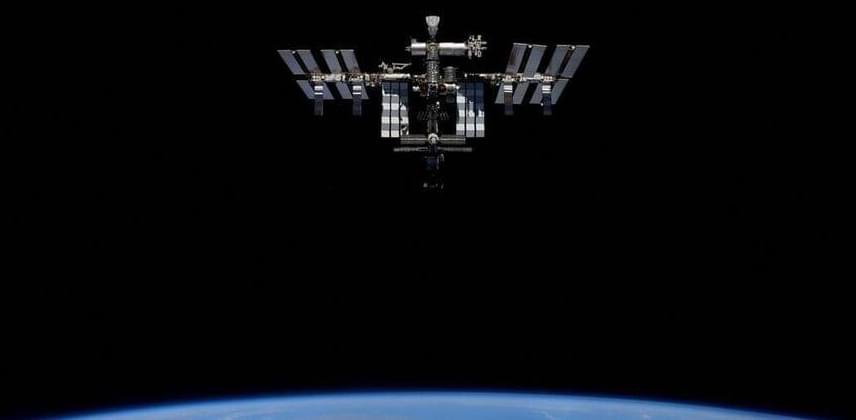WASHINGTON, June 22 (Reuters) — Evidence is growing about the many ways that traveling in the microgravity environment of space tampers with the human body, with new research showing how it dials down the activity of genes in white blood cells crucial to the immune system.
A study involving 14 astronauts who spent 4−1÷2 to 6−1÷2 months aboard the International Space Station found that gene expression in these cells, also called leukocytes, quickly decreased when they reached space and then returned to normal not long after returning to Earth, researchers said on Thursday.
The findings offer insight into why astronauts are more susceptible to infections during flights, showing how the body’s system for fighting off pathogens is weakened in space.










Comments are closed.